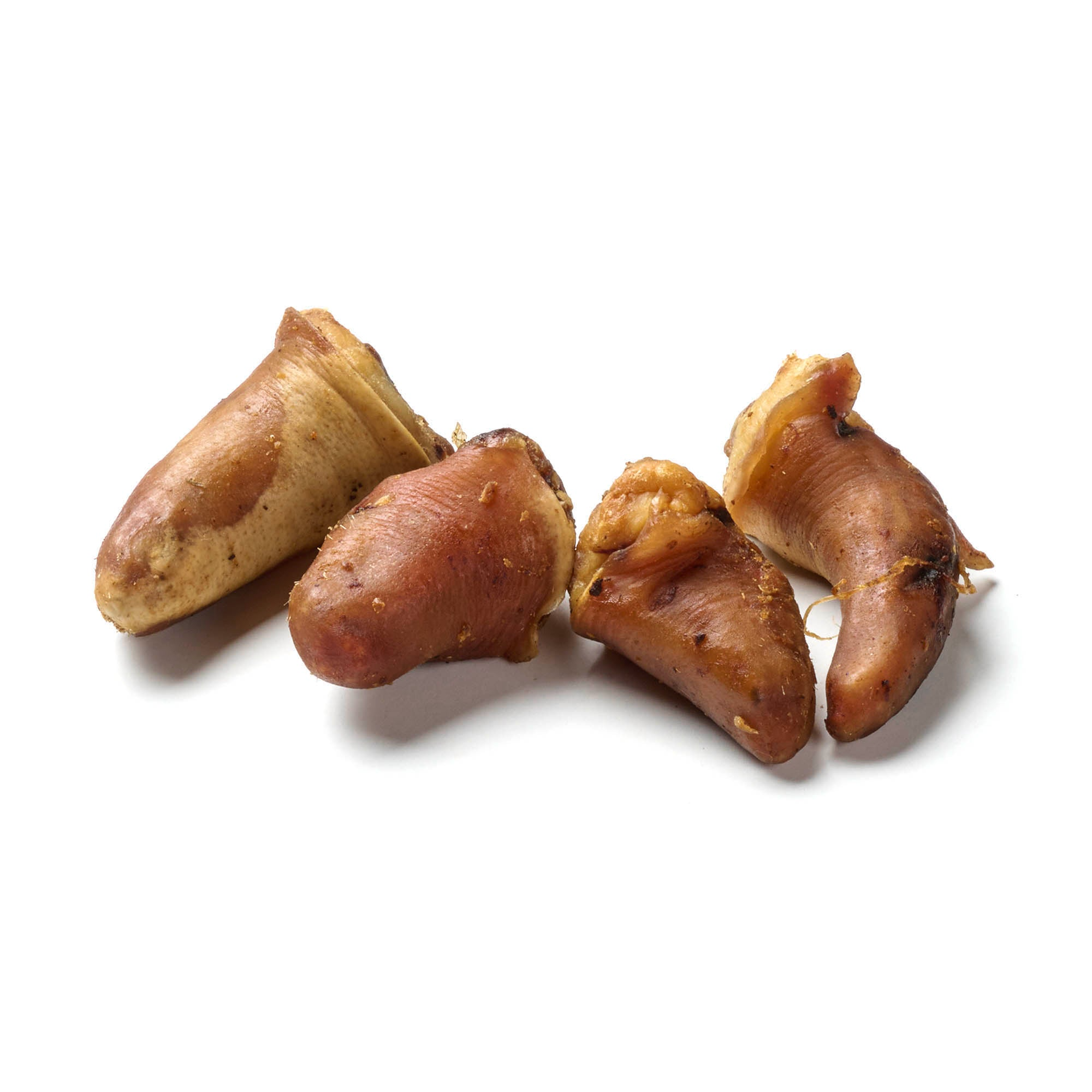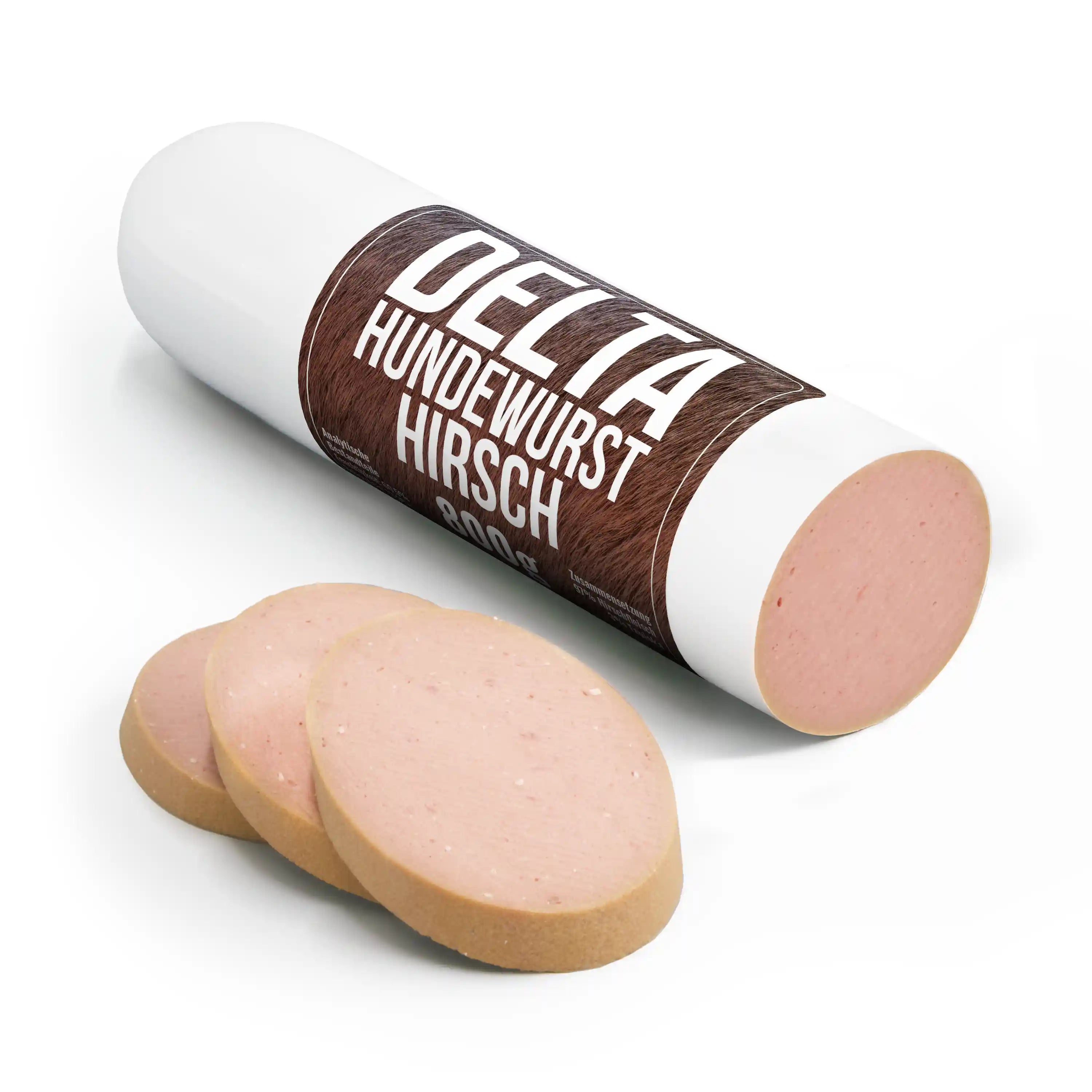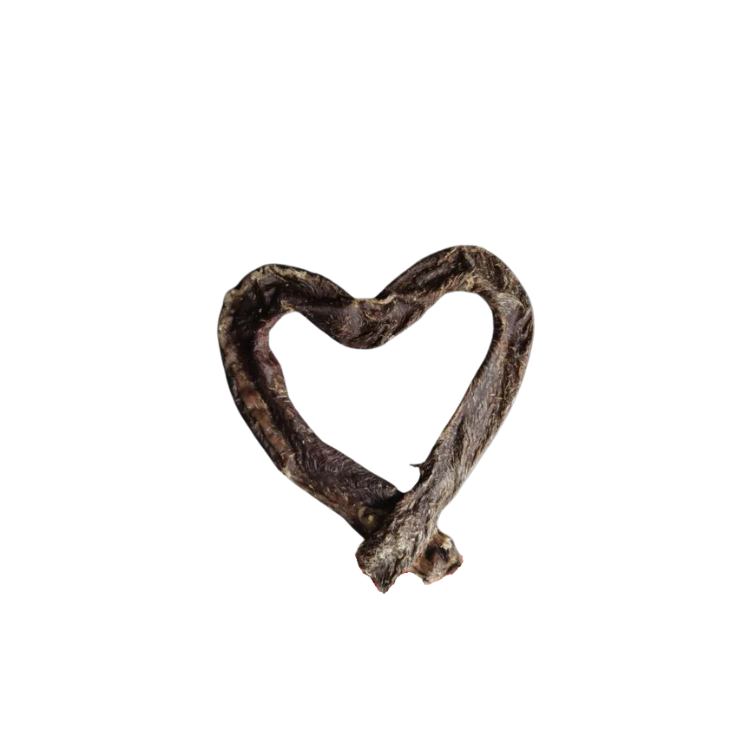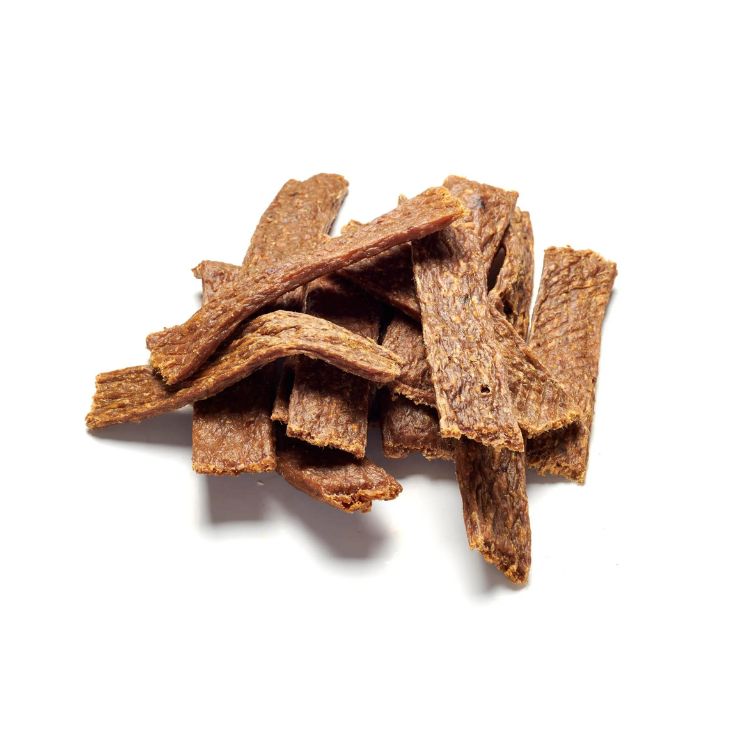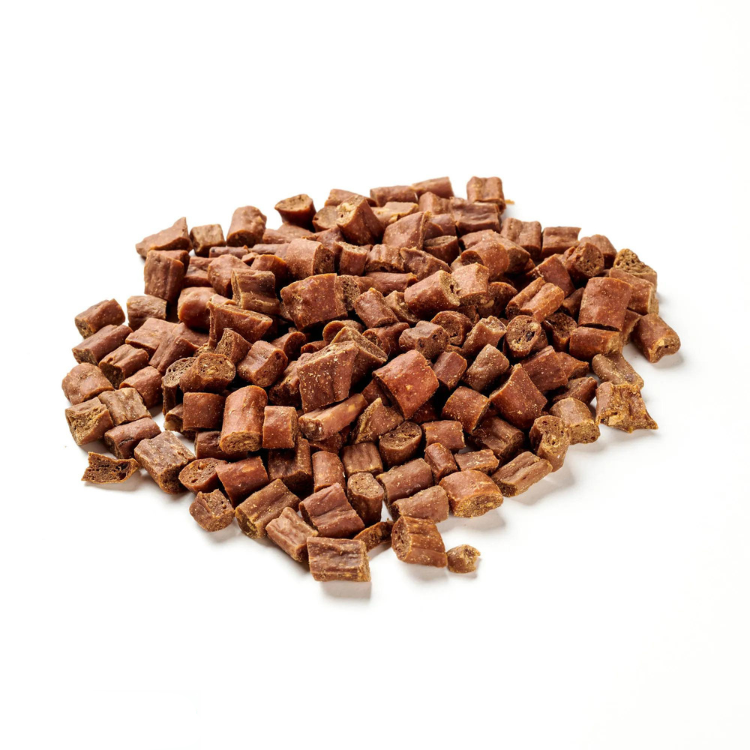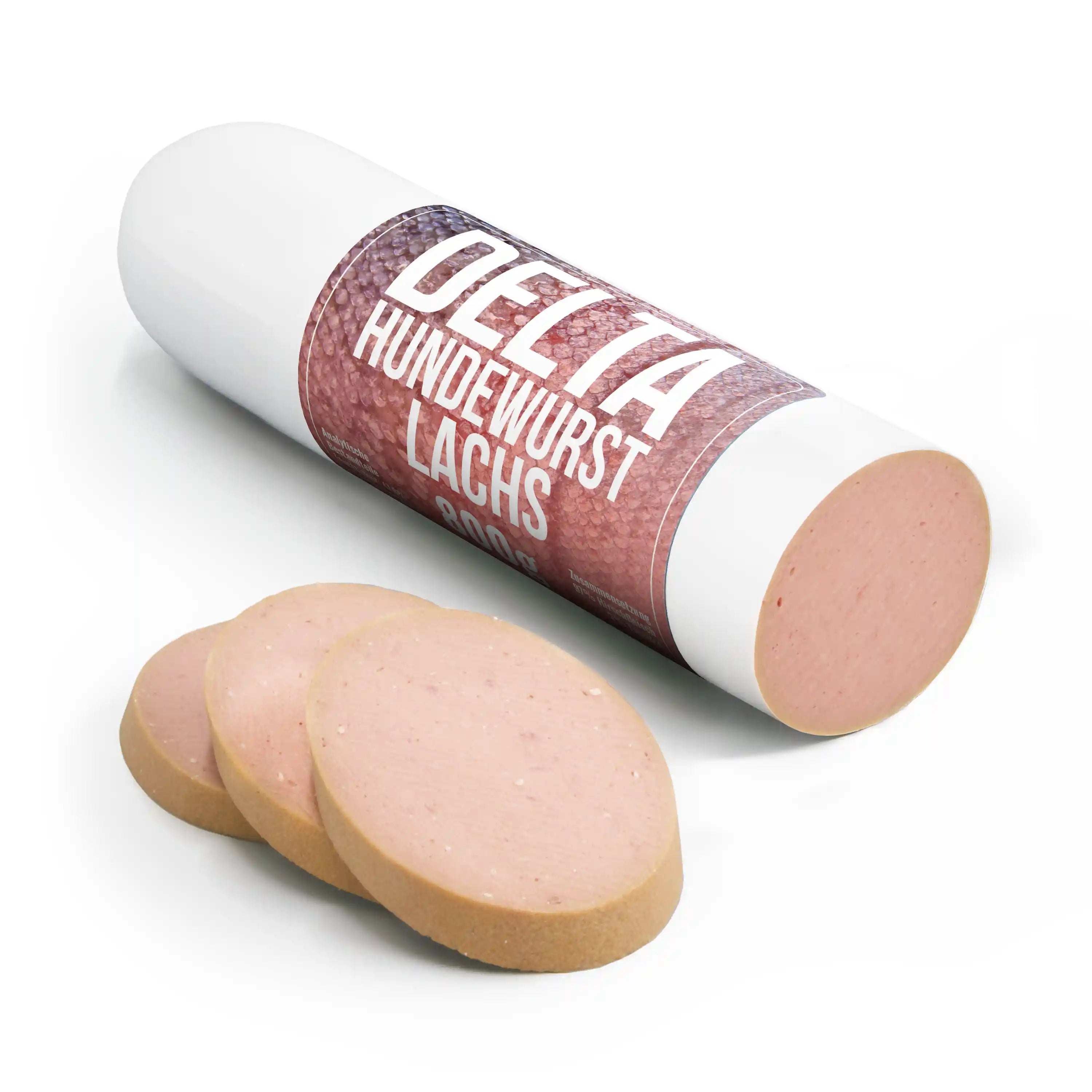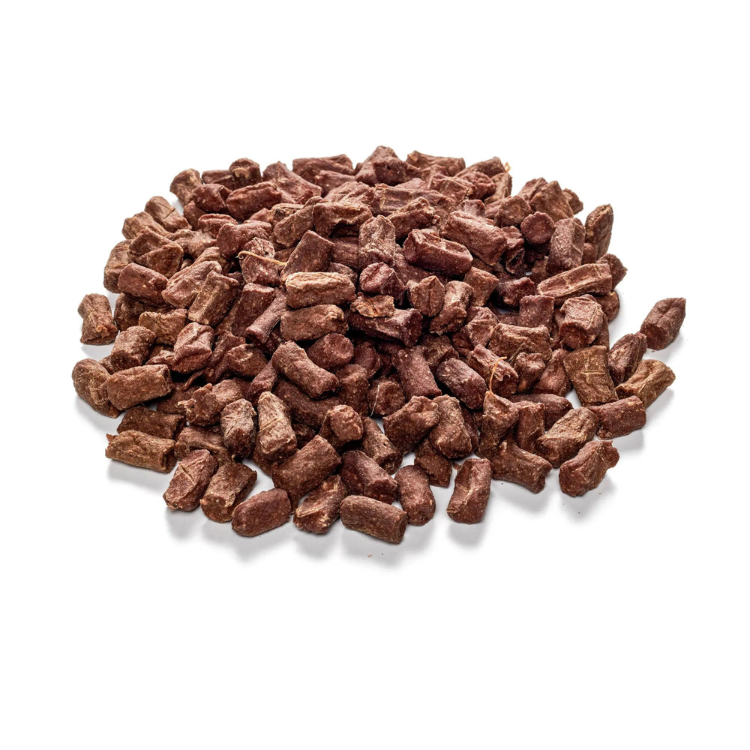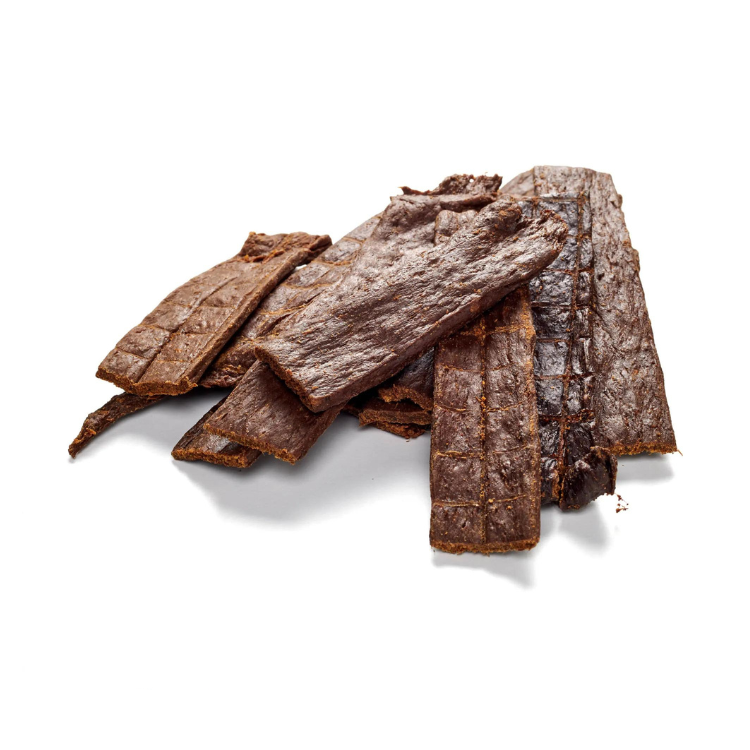
Coronavirus in dogs
Share
The coronavirus is omnipresent in the media and in our everyday lives. Many pet owners are currently worried about what the coronavirus pandemic means for them and their coexistence with their animals. You may also be asking yourself questions, such as whether the coronavirus can be transmitted to your pet or vice versa, who will look after your four-legged friend if they get sick and what you should pay particular attention to in terms of hygiene.
Discover the range of dog snacks in our store!
Can dogs become infected with Covid-19?
There are a variety of coronaviruses in humans and animals that we have been living with for many years and decades. In dogs, two coronaviruses play a certain role: firstly, as a diarrhea pathogen that can cause severe illnesses in puppies, especially in combination with parvoviruses, and secondly, as a virus that primarily causes respiratory infections. The coronavirus COVID-19 is new and different.
According to current scientific findings, it seems that people infected with Sars-CoV-2 can infect dogs and cats. The reverse is not the case. Leading veterinary and government experts continue to assure dog owners that the risk of animals becoming infected with COVID-19 is very low. Infection in dogs is apparently even rarer than in cats, for example; only a few cases have occurred worldwide. A test is now available that can detect the new coronavirus in your dog. However, very few animals are currently being tested. In principle, many corona diseases in animals are probably mild or symptom-free, just like in humans. However, since the situation is not yet 100% clear and there are always new findings about COVID-19, you should pay even more attention to hygiene to protect yourself and your four-legged companion from infection.
Hygiene - protect yourself and your dog from Corona
The most important commandment for protection against the coronavirus - as well as against infections in general - is careful hygiene! If you are infected yourself, come into contact with the dog of a person infected with SARS-CoV-2 or simply want to be careful when dealing with your loyal companion, accurate hand hygiene is particularly important. In any case, wash your hands thoroughly with soap and water after every contact with the four-legged friend, its food or its excretions. Make sure that you soap all areas (thumbs, spaces between fingers, backs of hands and palms) for long enough - at least 30 seconds - and carefully. If you use cloth towels after washing your hands, change them frequently and make sure that only one person uses them. To be on the safe side, you should avoid "dog kisses" - avoid letting the dog lick you! But what if, despite all precautions, one of you gets infected!?
Discover the range of dog snacks in our store!
Your dog has Corona - please report it!
As an owner, you are not obliged to have your dog tested for corona. That is up to you. However, a positive test result for your dog for Covid-19 must be officially reported to the German veterinary authorities. This is what the federal government has decided. However, you do not have to report it yourself. The treating veterinarian or the laboratory will forward the test results to the responsible veterinary authority. The aim is to obtain new information about the occurrence, transmission and spread of the virus. In addition, this should enable risks to the health of animals and humans to be identified at an early stage.
Coronavirus in dogs: What symptoms can occur?
Depending on the state of their immune system, dogs react differently to an infection with the coronaviruses known to date. Puppies or dogs with previous illnesses (e.g. parvovirus) show more severe symptoms than adult dogs with a stronger immune system. The following gastrointestinal complaints can occur in dogs infected with coronaviruses:
- General symptoms such as fatigue, weakness and loss of appetite , sometimes fever
- Often watery diarrhoea with bloody or mucous admixtures and vomiting
- Severe water loss and fluctuations in electrolyte balance can cause circulatory problems and cardiac arrhythmias
Immunocompromised dogs can die as a result of the infection.
What treatment options are available?
Unfortunately, there is no specific treatment for your four-legged friend with Corona. The focus of therapy is on supportive measures that are intended to minimize diarrhea and stabilize the dog's circulation, for example:
- Fluid and electrolyte therapy, e.g. via intravenous infusion
- Food deprivation (no longer than two days)
- Taking antibiotics to prevent secondary bacterial infections
- Combating viral infection using antiviral drugs
- If the temperature is too low, dogs can be warmed on heating pads or under electric blankets
After the therapy, a light diet should be fed for several days. For example, cooked rice with cooked chicken is suitable for this.
You have Corona or have to go into quarantine - what happens to your dog?
As a dog owner, you should prepare in good time in case you have to go into quarantine or hospital. If you suspect you have corona or have a positive test result, it is a good idea to ask someone you trust to look after and care for your dog. Neighbors, relatives or friends are possible options. It is ideal if your four-legged friend already knows them well and you can then have your dog looked after there for the entire duration of the quarantine. Make a list beforehand of everything that needs to be taken into account in everyday dog life and remember to inform the person looking after them if your four-legged friend needs special food or medication.
If you cannot find someone to look after your pet, professional dog care can also be a solution. If your dog has to stay at home with you during quarantine, be sure to follow the recommended hygiene rules. If your pet needs veterinary help during home quarantine, please contact your vet by phone and be sure to inform him or her of your suspected infection or of your infection with the coronavirus.
How to keep your dog happy at home
Spending more time at home allows you to spend quality time with your four-legged companion. Teach your dog new commands, give him a relaxing dog massage or do agility with him. In the house? Of course! Agility is also for couch potatoes - boxes, furniture, hula hoops, ropes and play tunnels are perfect for a wonderful indoor obstacle course. Play a lot and learn together!
What should you keep in mind when going for a walk during Corona times?
Since dogs and other native animals probably do not play a role in the spread of the new coronavirus, you can continue to go outside without any concerns. Provided you are both healthy, outdoor activities together are fun for dogs and humans, contribute significantly to the well-being of the four-legged partner, strengthen the bond and provide variety and distraction, which is good now - especially in times of corona!
Regardless of the current corona pandemic, it is always advisable to pay attention to your dog's behavior. It can easily happen that your animal friend eats something poisonous or sharp-edged. Feces lying around can transmit pathogens such as parasites, viruses and bacteria. Therefore, always pick up your four-legged friend's "leftovers"!
Conclusion
According to current knowledge, the COVID-19 virus that is currently spreading is a "human virus". With the exception of mink, animals are hardly to be regarded as a source of infection. The risk of becoming infected from dogs or cats is practically impossible. Nevertheless, authorities and research institutes recommend that people who come into contact with pets pay particular attention to hygiene.
When coronaviruses occur in dogs, they are usually different from those in humans. In most cases, a corona infection in dogs is just harmless diarrhea or a mild respiratory infection. However, if already weakened animals become ill, it is important to act quickly, as the viral disease can then become life-threatening for your dog.
<Discover delicious dog snacks directly from our range!

